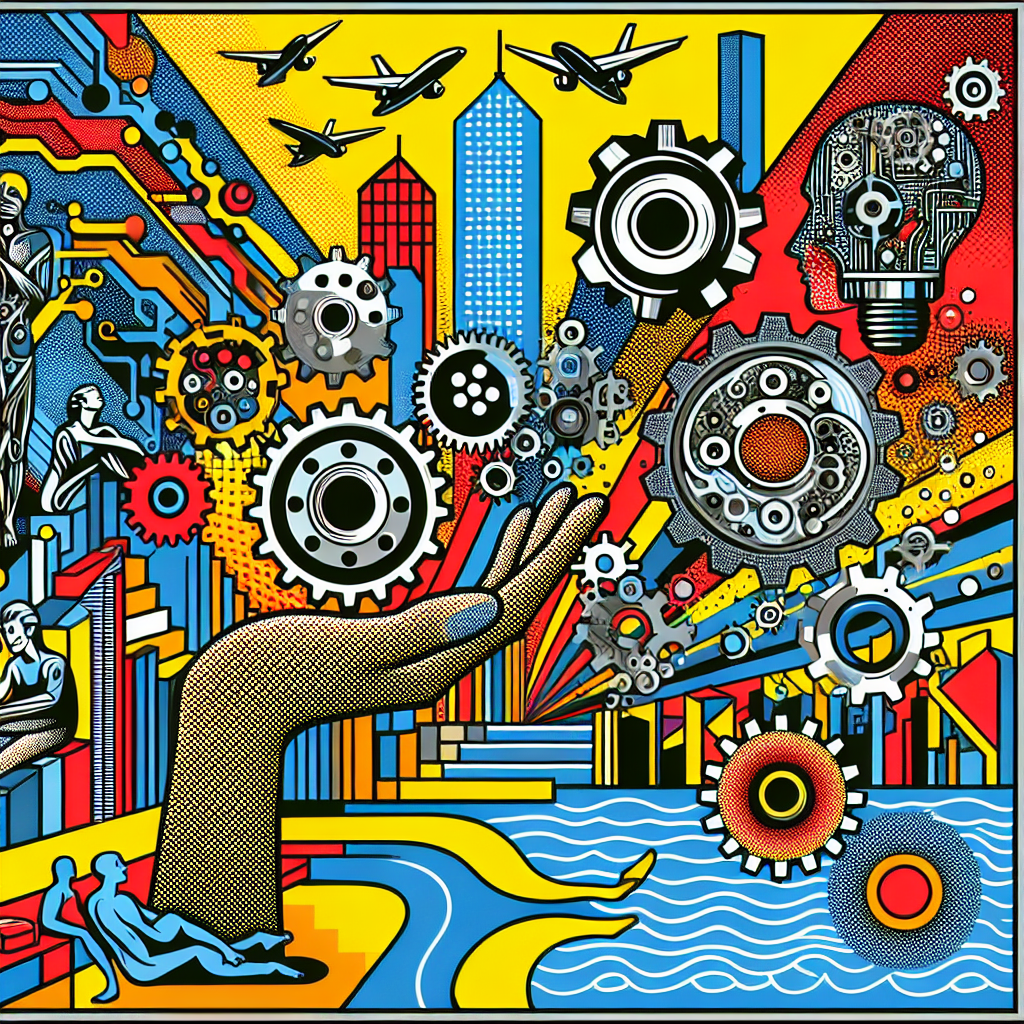Automation, defined as the technique of making an apparatus, a process, or a system operate automatically, is typically associated with the manufacturing industry. However, its reach has extended far beyond factories, currently influencing sectors such as healthcare, finance, transportation, and even home management.
The vast spread of automation can be attributed to its wide-ranging benefits. For businesses, automation promises increased productivity and efficiency. Tasks that once required hours of human labor can now be completed in mere minutes, enabling businesses to scale their operations without proportionally increasing their workforce. Furthermore, automation reduces the likelihood of human error, leading to higher quality outcomes and improved customer satisfaction.
However, the rise of automation also presents significant challenges. The most significant concern revolves around job displacement. As machines take over repetitive and routine tasks, there’s growing apprehension about potential job losses. Some estimates suggest that up to half of all current jobs could be automated in the future. However, it’s important to note that these projections often ignore the potential for job creation that comes with automation.
History has shown us that with every major technological advancement, new industries and job roles emerge. In the same vein, automation is expected to create new opportunities that could offset the jobs it displaces. For instance, while automation may reduce the need for assembly-line workers, it increases the demand for professionals who can design, implement, and maintain automated systems.
Furthermore, automation can liberate humans from mundane and repetitive tasks, freeing them to focus on tasks requiring creativity, critical thinking, and emotional intelligence – areas where humans still hold the edge. This could potentially lead to a more fulfilled and engaged workforce, improving job satisfaction and productivity.
The impact of automation is also being felt in our everyday lives. From smart homes that automate tasks like adjusting temperature and lighting to personal finance apps that automate savings and investments, automation is making life more convenient and efficient.
However, as with any significant shift, it’s crucial to consider the possible drawbacks. The increasing reliance on automation could lead to privacy and security concerns. As more data is collected and processed by automated systems, the risk of data breaches and misuse of personal information increases.
It’s therefore essential for regulations to keep pace with advancements in automation to mitigate these risks.
The impact of automation on society and the economy is far-reaching and complex. The potential benefits are immense, from increased productivity and efficiency to improved quality of life. But the challenges cannot be ignored. It’s crucial for policymakers, businesses, and individuals to understand these impacts and prepare for a future where automation plays an even more significant role.
As we continue to explore the frontier of automation, one thing is clear: automation is not just about technology. It’s about how we adapt to it, how we mitigate its challenges, and how we harness its potential to create a better future. It’s this human element that will truly shape the impact of automation in the years to come.
